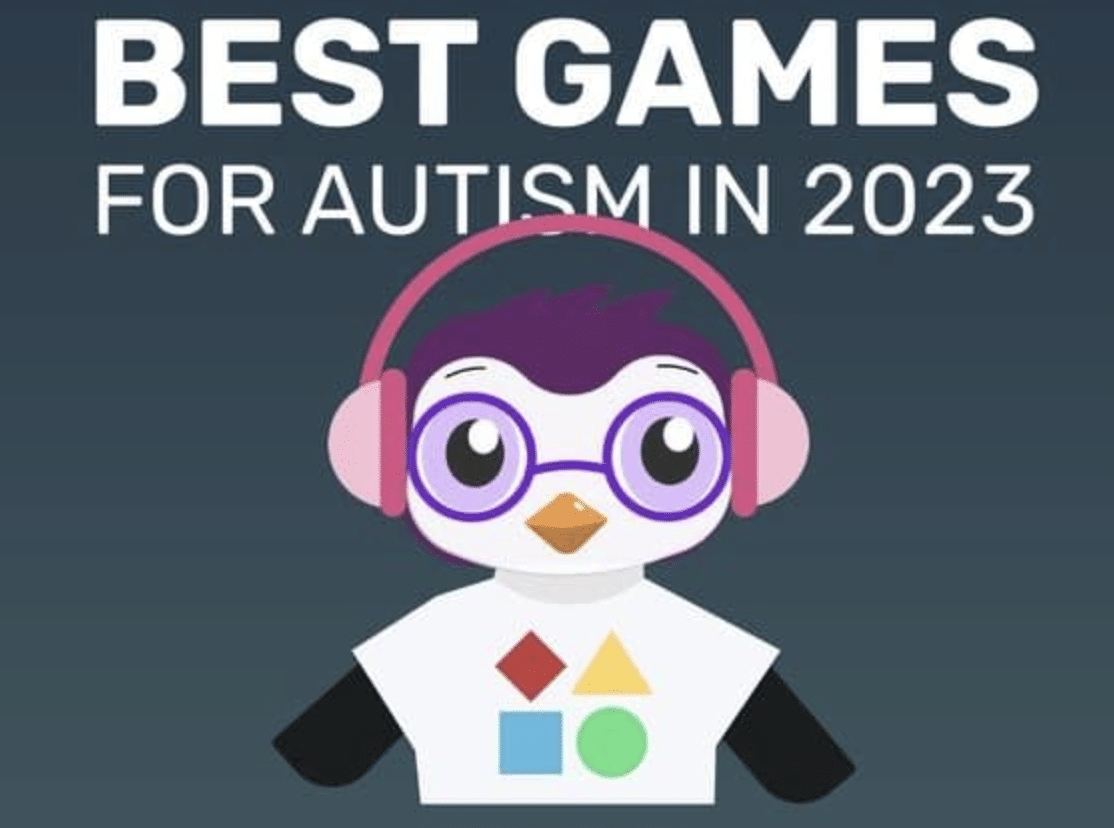Autistic regression is characterized by a notable decline or loss of previously acquired skills and abilities in children with autism spectrum disorder. Recognizing the symptoms of this condition is important for early intervention and support. Here are some key symptoms to be aware of:
- Loss of language skills: A child who previously developed language abilities may experience regression and show a significant decrease in verbal communication skills.
- Social withdrawal: Children with autistic regression may exhibit decreased social interactions, such as reduced eye contact, withdrawal from social situations, and a decline in initiating or responding to social cues.
- Repetitive behaviors: An increase in repetitive behaviors, such as hand-flapping, rocking, or fixating on certain objects or topics, may be observed during autistic regression.
- Motor skill difficulties: Regression may manifest as a decline in motor skills, including coordination, balance, and fine motor abilities.
- Cognitive changes: There may be noticeable changes in cognitive functioning, such as a decline in problem-solving abilities, attention span, or understanding of concepts.
If you observe any of these symptoms or suspect regression in your child’s development, seeking professional evaluation and support from healthcare providers and specialists in autism is vital. Goally, a tablet-based tool, helps kids with Autistic Regression develop life and language skills through fun apps. It includes digital visual schedules, AAC, gamified learning, and skills training videos for communication, organization, emotional regulation, executive functioning, and social skills. It supports children in regaining lost skills and promoting overall growth.
Editor’s note: This information is not meant to diagnose or treat and should not take the place of personal consultation, as needed, with a qualified healthcare provider and/or BCBA.














